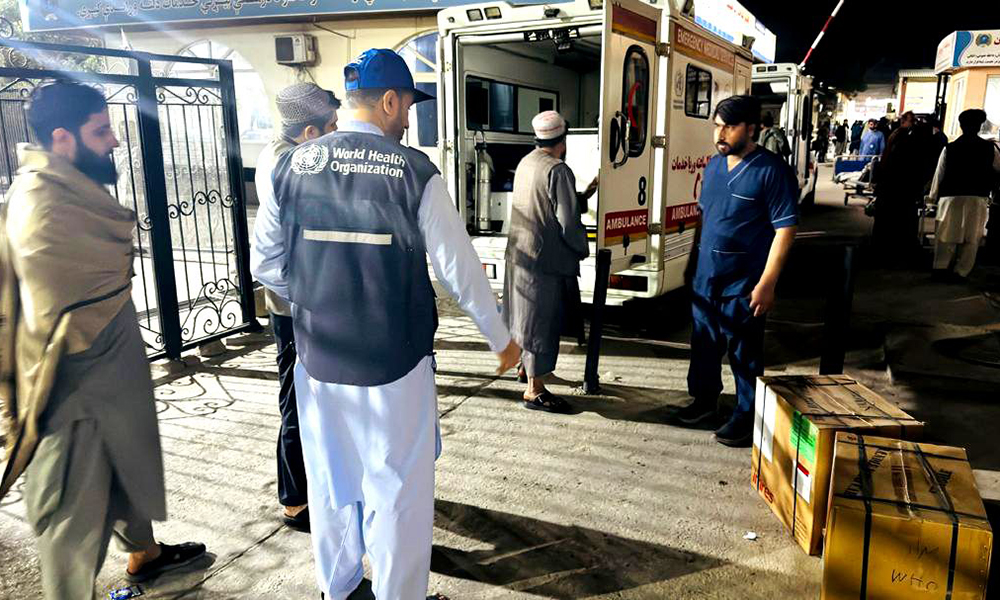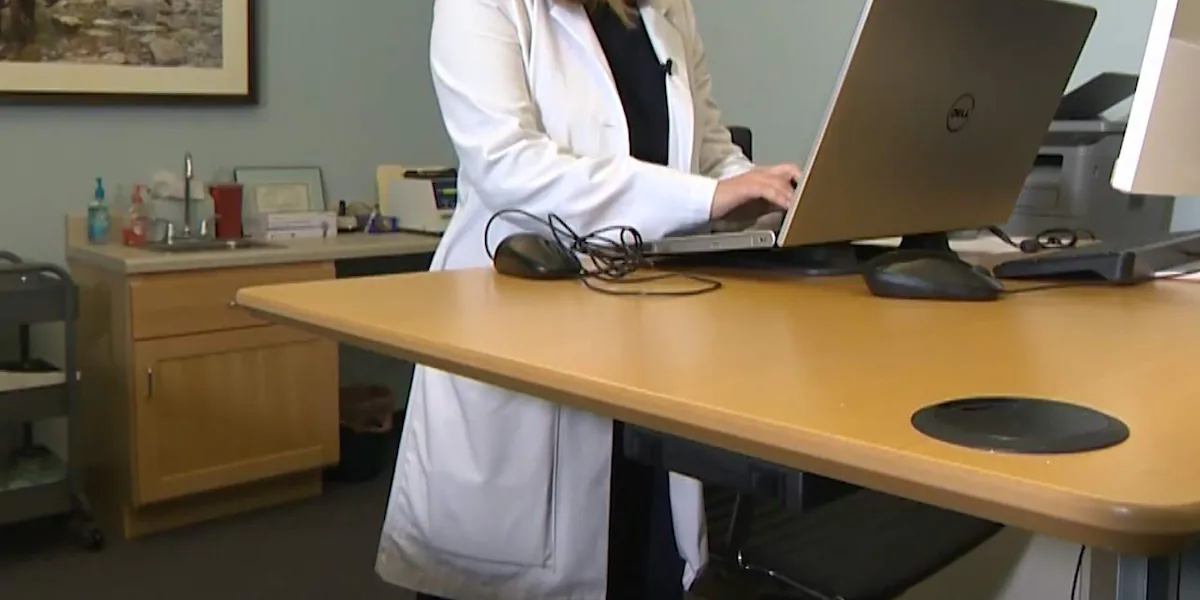Copyright ariananews

The World Health Organization (WHO) says it has mobilized emergency health teams and dispatched life-saving medical supplies to northern Afghanistan following a powerful 6.3-magnitude earthquake that struck near Mazar-e-Sharif early Monday, killing at least 20 people and injuring more than 860 others. The quake, which hit at 1 a.m. local time, caused extensive damage across Samangan and Balkh provinces, destroying homes, injuring hundreds, and damaging critical health infrastructure. According to WHO’s first situation report, Samangan recorded 11 deaths and 270 injuries, while Balkh reported 9 deaths and nearly 600 injuries. More than 400 patients were treated in private hospitals for quake-related injuries. Several health facilities sustained partial damage, including the Balghali Primary Healthcare Clinic in Samangan — supported by WHO — and the Hayatan PHC in Balkh. The Samangan Provincial Hospital laboratory completely collapsed, destroying vital medical equipment and disrupting diagnostic services. Within hours of the quake, WHO and its partners deployed emergency teams to the hardest-hit areas. Six ambulances from the Balkh Ambulance Department were sent to rescue people trapped under debris and transfer the critically injured to regional hospitals. To strengthen the response, WHO has supplied four Trauma and Emergency Surgery Kits (TESK) — enough to treat around 200 trauma patients — and one Interagency Emergency Health Kit (IEHK), which can support 10,000 people for up to three months. Additional medical supplies, including pneumonia kits, are being sent from Kabul to Mazar to replenish stockpiles. “Health teams are working around the clock to provide emergency care, deliver medical supplies, and assess urgent needs,” the WHO said, adding that coordination with the Ministry of Public Health and provincial authorities is ongoing. A rapid health needs assessment is scheduled to begin on Tuesday, November 4, to determine the full extent of the damage and identify priority gaps in medical support. The response has been complicated by landslides in the Tange area of Khulm district, which blocked the Balkh–Kabul highway, as well as power outages and limited hospital capacity. Khulm District Hospital, one of the main facilities in the region, is facing severe overcrowding and a shortage of space and resources to handle the influx of injured patients. WHO said continued international support is urgently required to help hospitals in Balkh, Samangan, and Khulm sustain life-saving operations and ensure access to shelter, clean water, food, and psychosocial support for displaced families. The organization expressed its “solidarity with the affected families” and reaffirmed its commitment to assist Afghanistan’s health authorities in mounting a rapid and coordinated emergency response.



